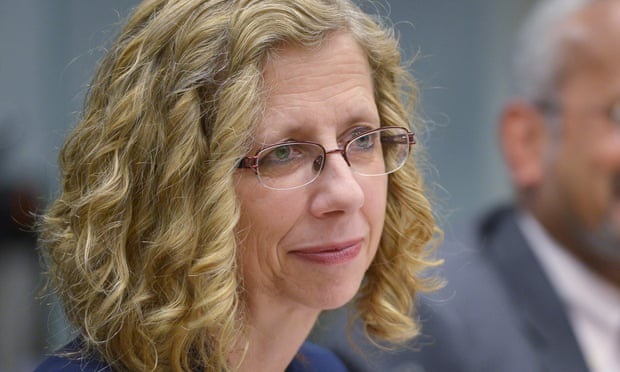The Executive Director of the UN Environment Programme (UNEP) and Under-Secretary-General of the United Nations, Inger Andersen, will participate in the opening session of the third meeting of the Conference of the Parties (COP3) to the Minamata Convention on Mercury, which will be held from November 25 to 29, 2019 in Geneva, Switzerland.

Over a thousand participants – including parties’ representatives, non-parties governments, intergovernmental organisations, UN bodies and NGOs – are areportedlylready confirmed to attend the gathering. Participants will meet to review progress and challenges regarding the implementation of the Minamata Convention on Mercury in the world.
At the official opening ceremony, which will take place on Monday, November 25 at 10 a.m., Andersen will be joined by David Kapindula (Zambia), current President of the Conference of the Parties (COP), and Rossana Silva Repetto, Executive Secretary of the Minamata Convention.
The COP was convened during a one-week period in late September (2017 – COP1) and November (2018 – COP2) at the seat of the Secretariat in Geneva, Switzerland. On this occasion, Zambia will preside the third meeting.
“This meeting is crucial to strengthen our ability to control mercury and create a safer environment for healthier current and future generations,” Kapindula, said.
During the plenary sessions, the official meeting documents will be discussed in order for the COP to make decisions on matters such as the framework for evaluating the effectiveness of the Convention, the adoption of technical guidance documents, and the work programme and budget of the secretariat for the biennium 2020-2021.
The complete list of documents can be found on the COP3 webpage. The meeting’s official activities also include 26 side events and knowledge labs that will discuss broader issues such as the linkages between chemicals management and biodiversity, chemicals and waste management beyond 2020, and global community’s efforts to protect human health and the environment from the negative effects of mercury, among others.
“It is an ambitious agenda that will allow the parties to agree on the next steps of the implementation of the Minamata Convention as deadlines for ‘phasing out’ mercury-added products and the use of mercury and mercury compounds in manufacturing processes approach. I am convinced that the very committed parties to the Minamata Convention will agree on the various actions that are necessary to help the world address the most challenging mercury issues and attain the objective of the Convention,” Repetto emphasised.
The Minamata Convention on Mercury is the most recent global Convention on environment and health, adopted in 2013. It is named after the place in Japan where, in the mid-20th century, mercury-tainted industrial wastewater poisoned thousands of people, leading to severe health damage that became known as the “Minamata disease”.
Since it entered into force on August 16, 2017, 114 parties have been working together to control the mercury supply and trade, reduce the use, emission and release of mercury, raise public awareness, and build the necessary institutional capacity.
The meeting, it was gathered, will play a critical role in the future of the Convention, which aims at protecting the human health and the environment from the adverse effects of mercury, a highly toxic heavy metal considered by the World Health Organisation (WHO) as one of the top 10 chemicals of major public health concern.
